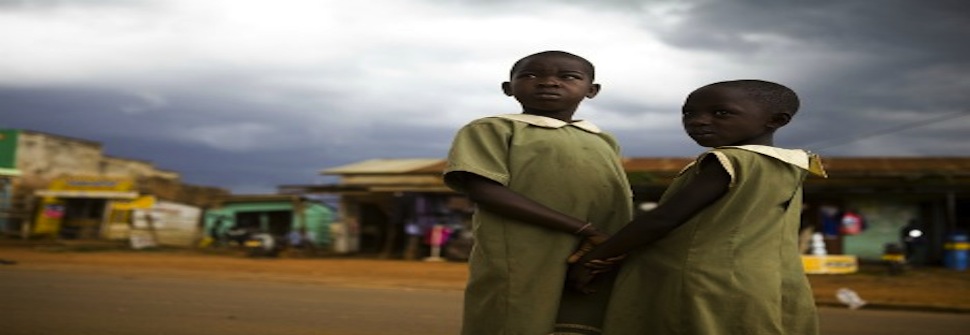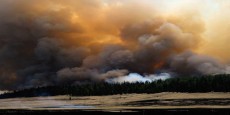
With the spotlight turning this week to climate refugees, including the 30 million people in Asia reportedly displaced last year by environmental and weather-related disasters, the latest news out of Uganda seems even more poignant. More than 22,500 people, mostly poor farmers, have allegedly been forced out of their homes to make way for a project that purports to do something to counteract climate change: planting trees.
Victims Of Land Disputes
“Their land claims were being considered by the Ugandan courts when, they allege, the army and police forced them out in several waves of violent evictions which took place up to last year,” Vidal wrote, noting that land disputes are common in Uganda.
The story adds a sad new twist to the ongoing controversy over whether planting trees is an appropriate and effective way to offset carbon emissions. According to Oxfam, NFC — which has had two of its Ugandan plantations certified by the Forest Stewardship Council — claims to be planting and harvesting timber on “underutilized and/or degraded” land in Uganda, Tanzania, Mozambique, and Rwanda. Onecommenter on The Guardian‘s website took that statement to task:
So Ugandan land occupied by a Ugandan farmer is “degraded,” according to NFC. In fact his small-scale mixed agriculture is the most sustainable form of land use there is. Over time his trees will probably absorb more CO2 than NFC’s trees, because unlike NFC he doesn’t kill them for commercial timber when they are grown. For what it’s worth, unlike NFC’s managers, shareholders, and log transporters, his carbon footprint is negligible.
The New Forests Company, which is partially owned by HSBC Bank, denies the allegations of violence and says it played no role in the evictions. Following criticism by Oxfam, which is conducting an international campaign against “land grabs” in poor countries, the company has said it is conducting an investigation.
HIT FROM: TREEHUGGER.COM












